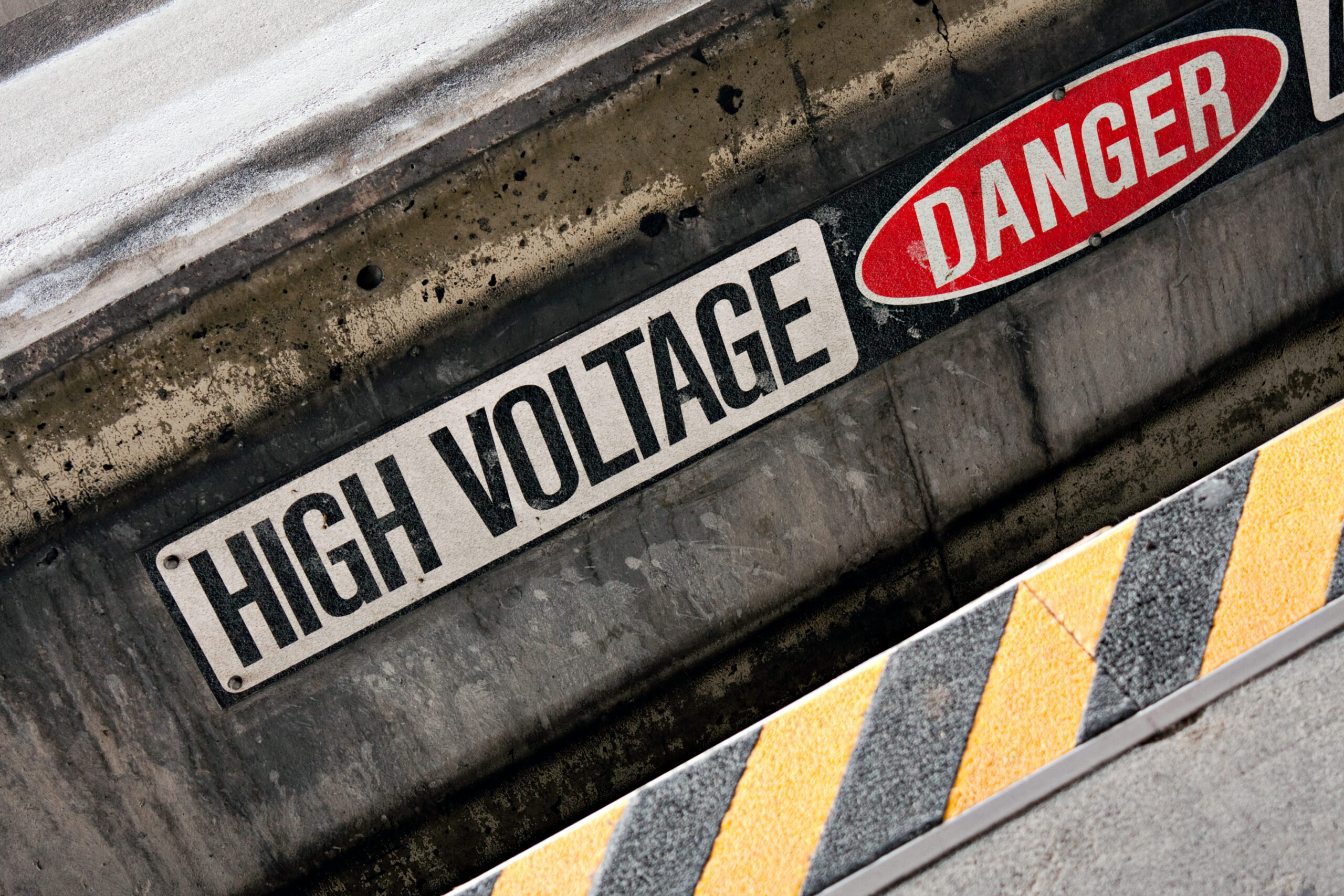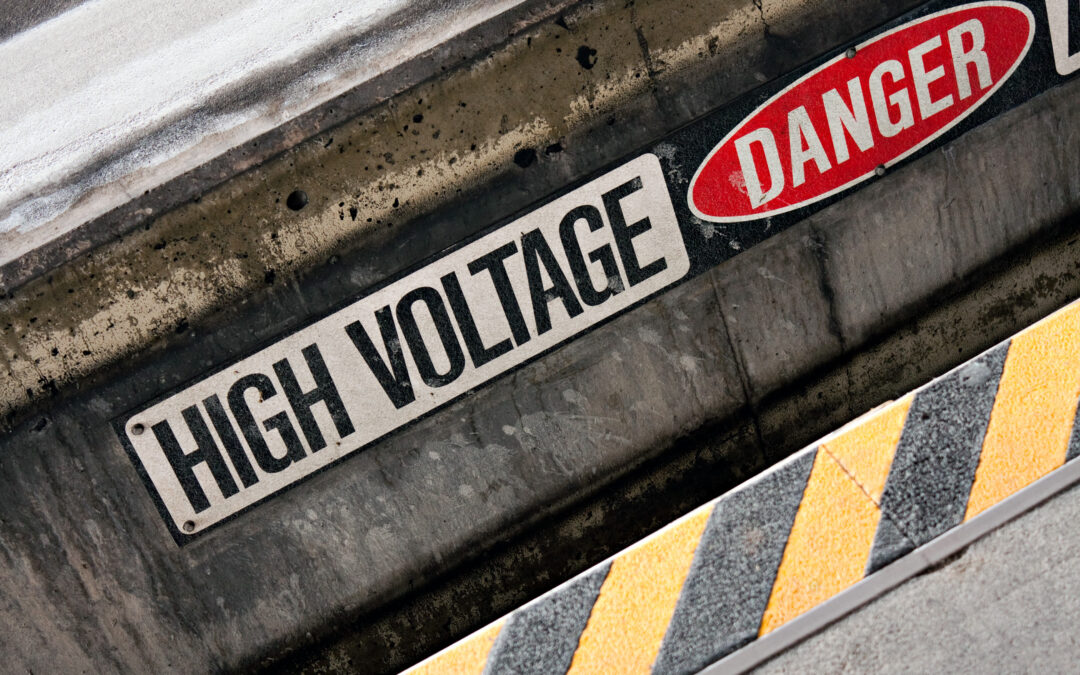Are you prepared for an emergency? It’s a question that many people don’t think about until it’s too late. Emergencies can happen at any time, and being unprepared can have serious consequences. In this blog post, we will cover the basics of emergency preparedness so that you know what steps to take to keep yourself and your family safe.
Introduction to Emergency Preparedness
The first step in emergency preparedness is understanding what types of emergencies could occur where you live. This might include natural disasters like hurricanes or earthquakes, as well as man-made disasters such as terrorist attacks or power outages. Once you understand the potential risks, you can start taking action to prepare for them.
Building an Emergency Kit
One important aspect of emergency preparedness is building an emergency kit. Your kit should contain supplies that will help you survive during an emergency, including food, water, medical supplies, and tools. Make sure to store these items in a place that is easily accessible and easy to grab if you need to evacuate quickly.
Creating a Communication Plan
Another key component of emergency preparedness is creating a communication plan. This means deciding on a way to communicate with loved ones during an emergency when traditional methods may not be available. For example, you might consider using text messaging instead of phone calls since texts are more likely to go through during times of high network traffic.
Importance of First Aid Training
First aid training is also essential in case of an emergency. Learning basic first aid skills can mean the difference between life and death in some situations. Consider taking a course in first aid so that you feel confident in your ability to handle emergencies.
Evacuation Planning and Practice
If you live in an area prone to natural disasters, evacuation planning is critical. You should have a plan in place for how to evacuate quickly and safely, as well as a designated meeting spot for family members who get separated. Regularly practice your evacuation plan so that everyone knows what to do in case of an actual emergency.
Staying Informed During an Emergency
Finally, staying informed during an emergency is crucial. Keep up-to-date on local news and weather reports, and sign up for alert systems in your area. By staying informed, you can make better decisions and ensure that you and your family remain safe throughout the emergency.
In conclusion, emergency preparedness is something that everyone needs to prioritize. By following the tips above, you can build an emergency kit, create a communication plan, learn first aid skills, practice evacuation plans, and stay informed during an emergency. Remember, being prepared can save lives!





